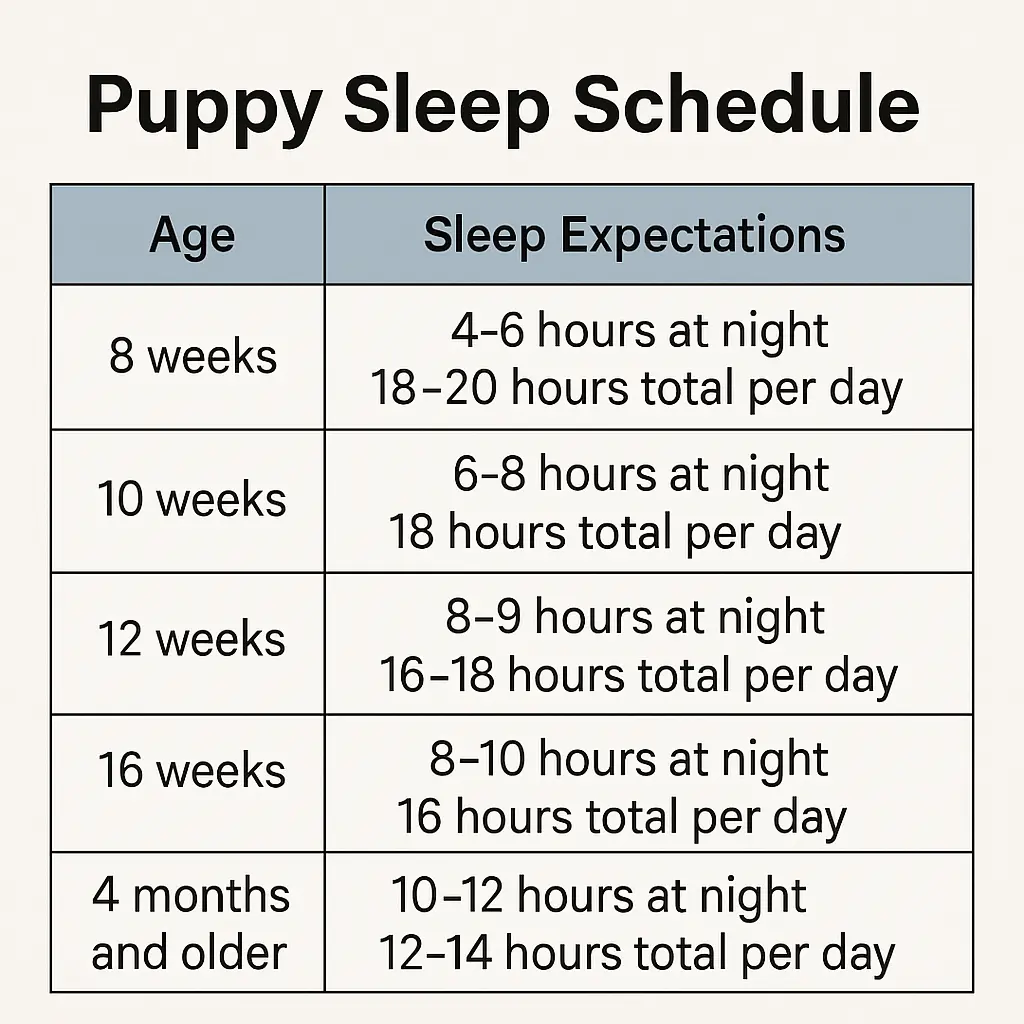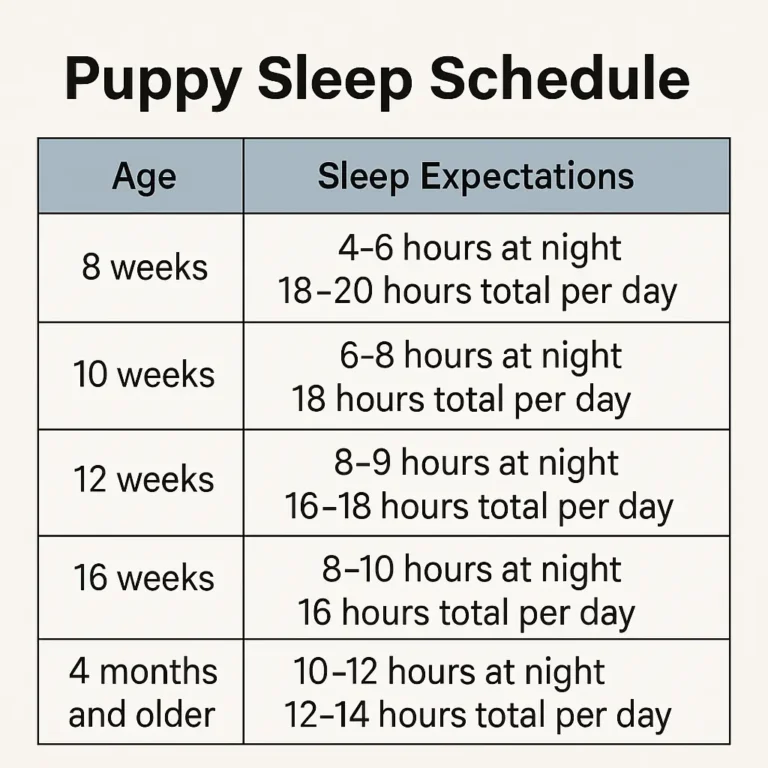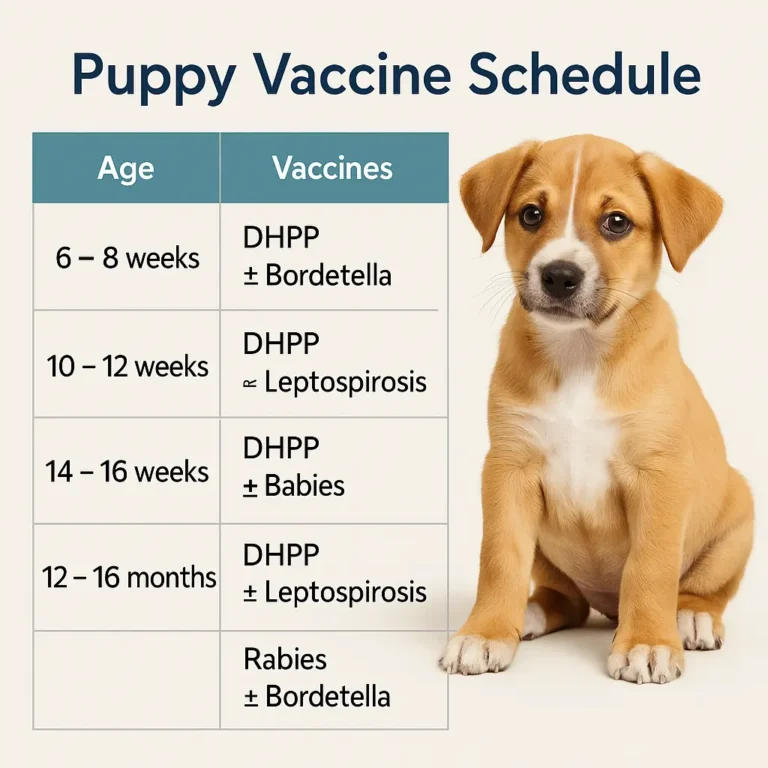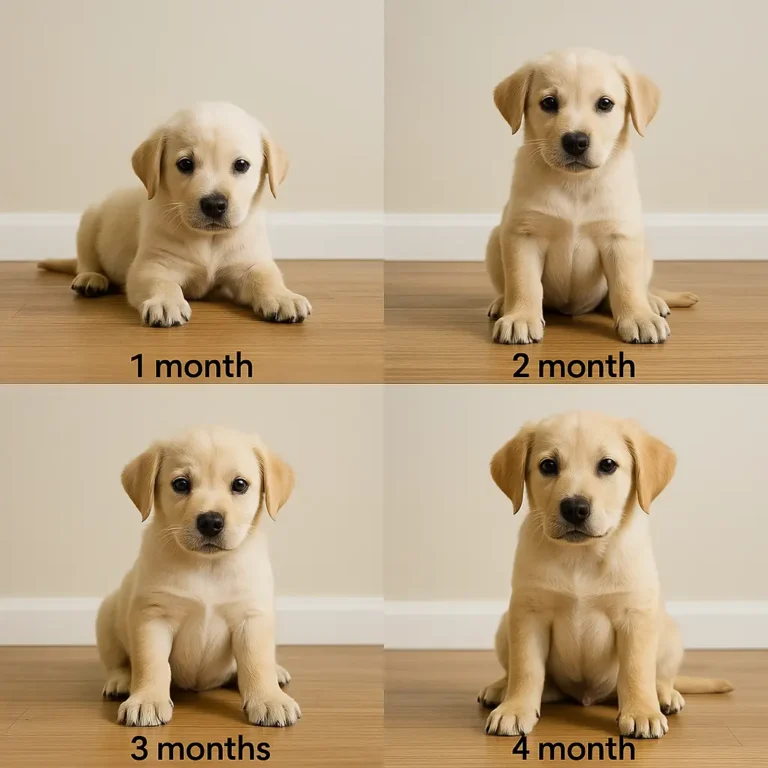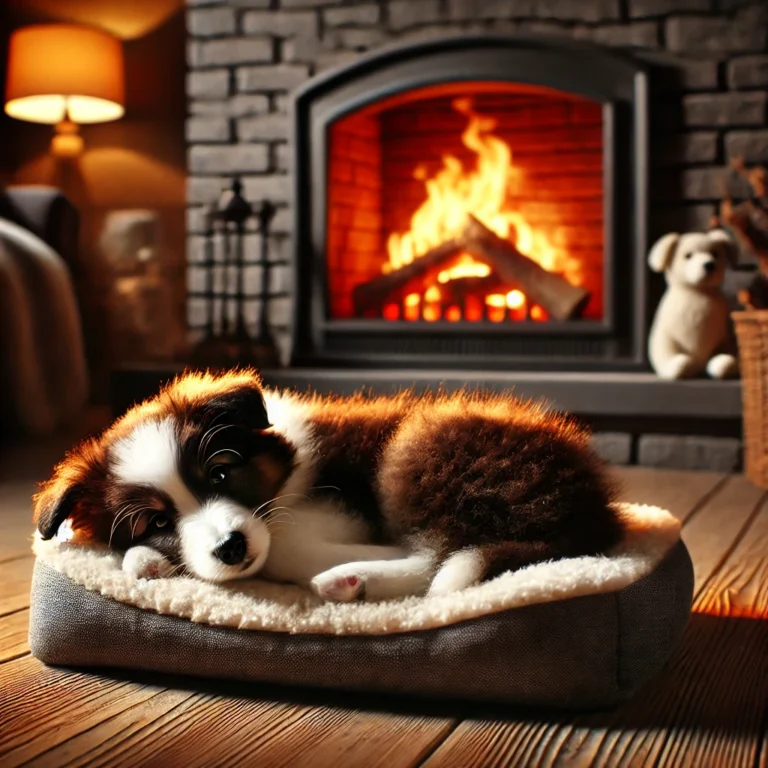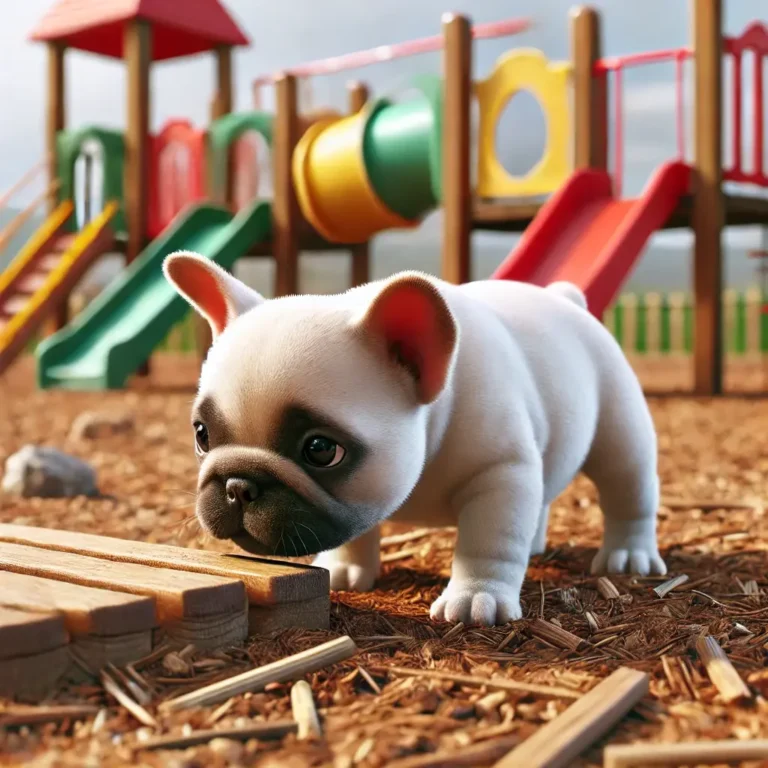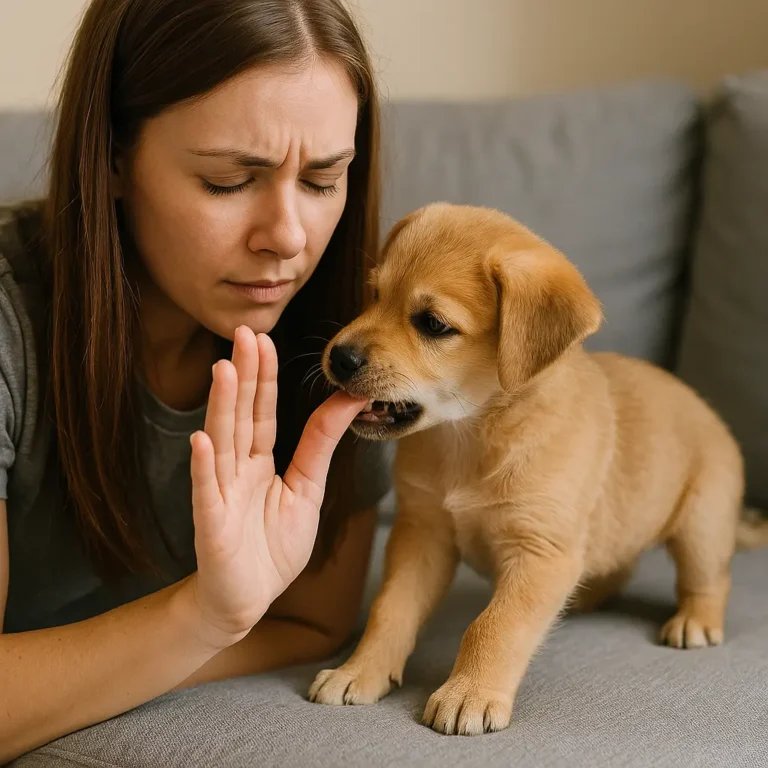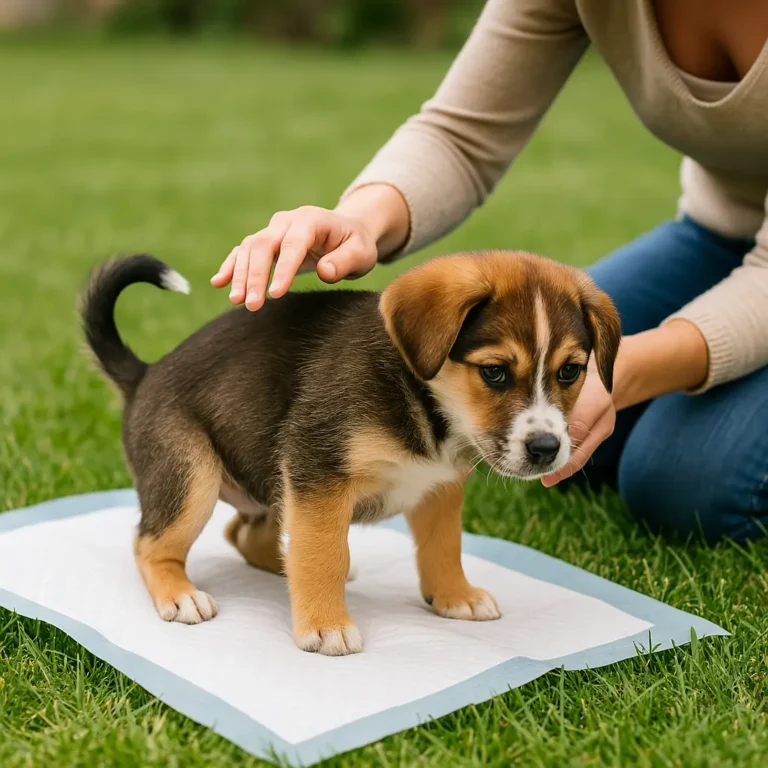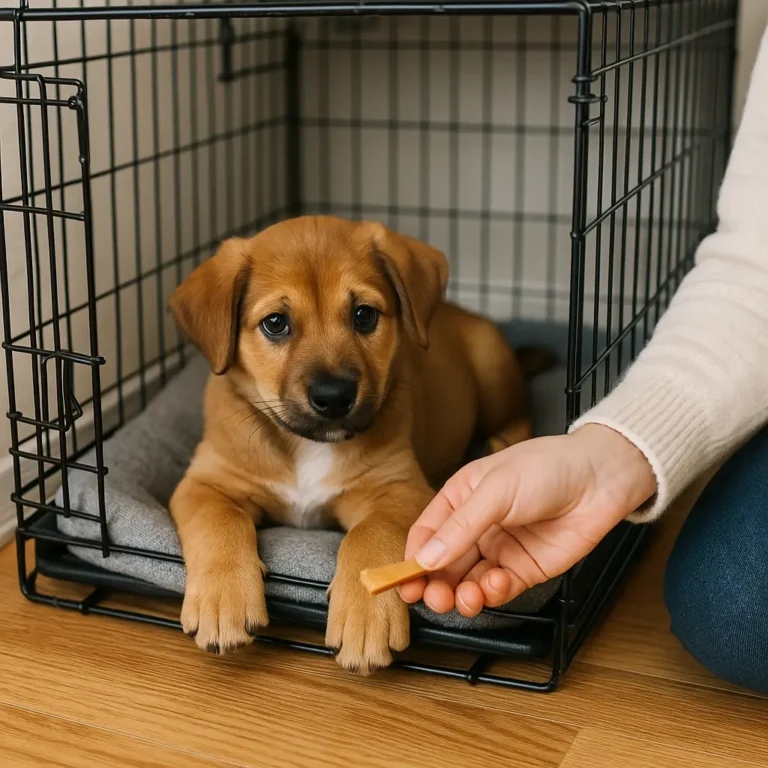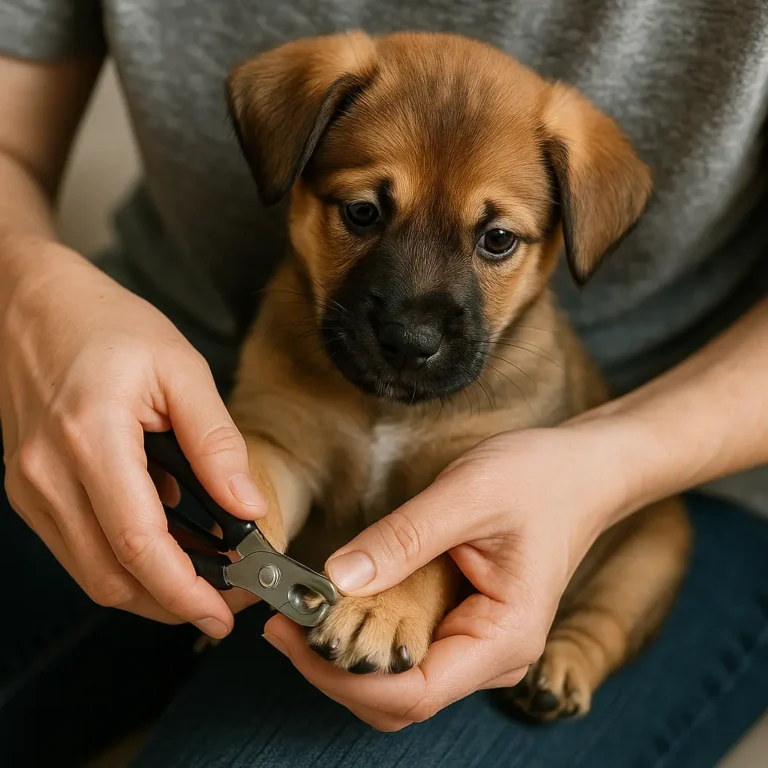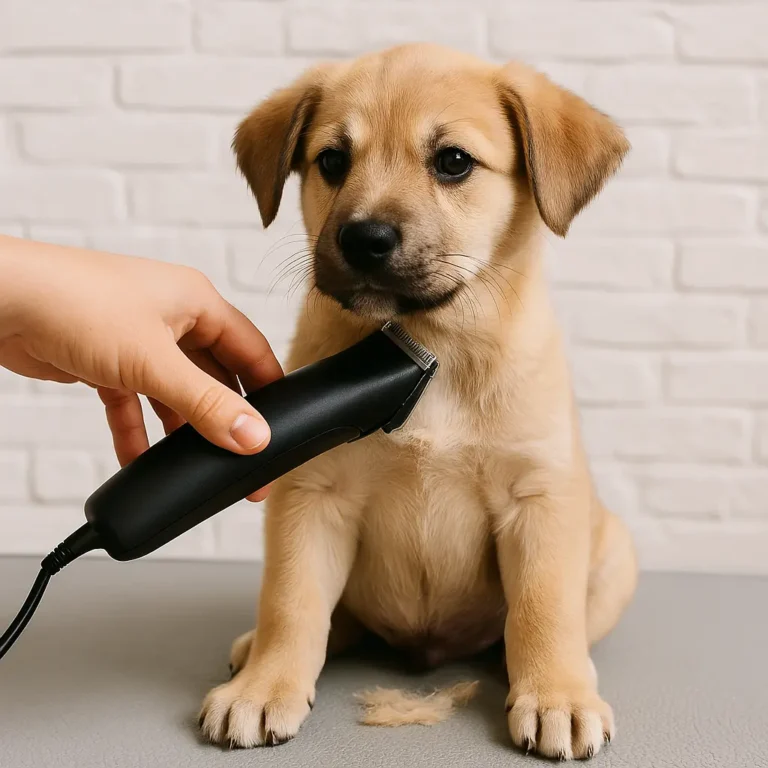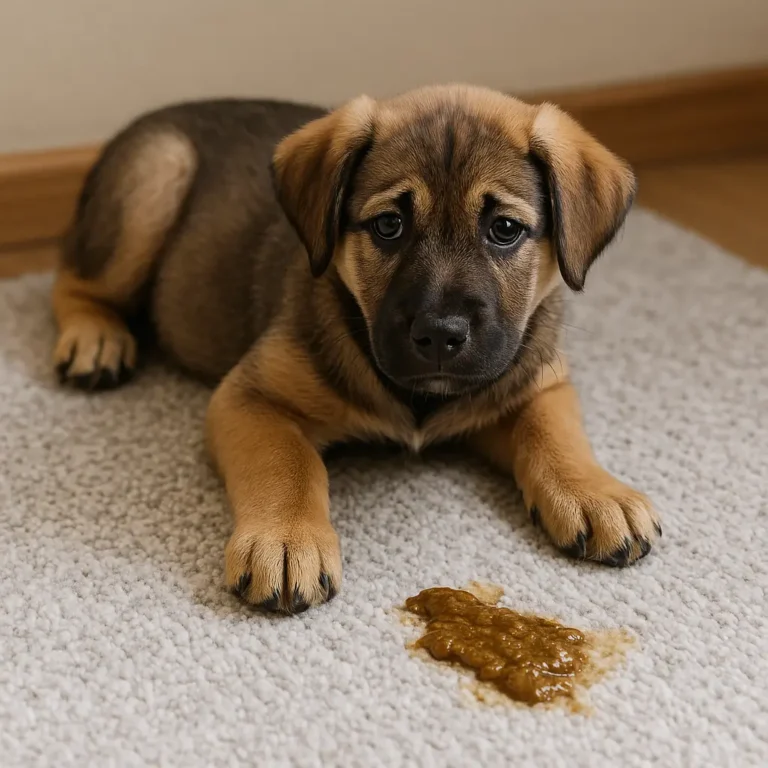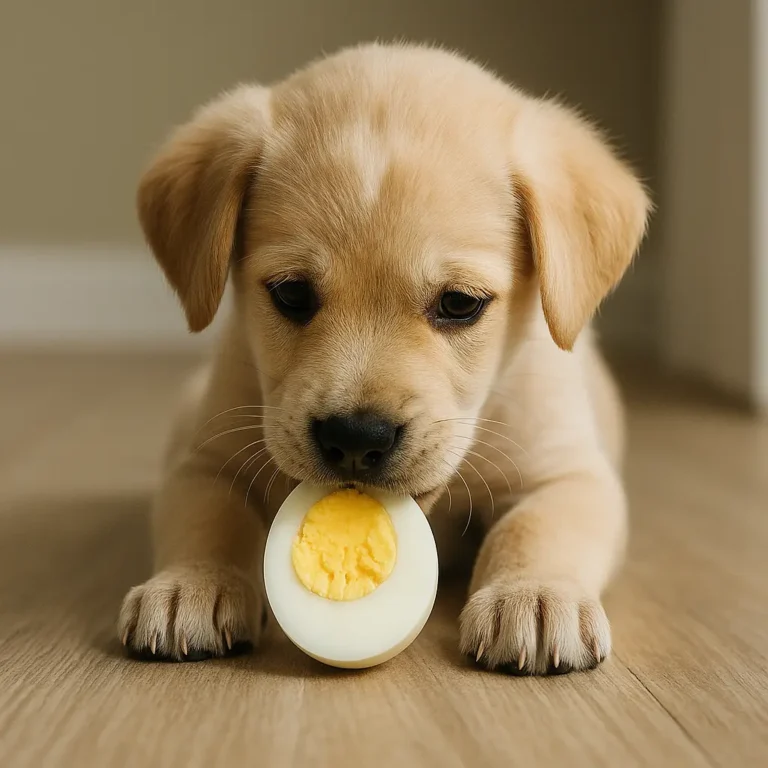Welcoming a puppy into your home? Get ready for plenty of naps—and questions. Understanding your puppy’s sleep schedule is crucial for their health and your sanity. Newborn puppies can snooze up to 20 hours a day, and even older ones need more rest than adult dogs. Whether you’re wondering how much do puppies sleep, how long do puppies nap, or when they’ll finally sleep through the night, this guide has you covered. From a puppy sleep chart by age to bedtime tips, we’re diving into everything you need to know to raise a well-rested pup. Let’s start the countdown to sweet dreams!
How To Get Your Puppy on a Healthy Sleeping Schedule
Creating a consistent puppy sleep schedule helps your dog grow healthy and happy. Puppies thrive on structure, and the sooner you create a routine, the easier life becomes—for both of you. Start by choosing a designated sleeping spot. Whether it’s a crate or cozy dog bed, make sure it’s quiet and dim.
Next, stick to regular feeding and playtimes. Puppies often nap after meals or active play, so anticipate these moments and guide them to their sleep area. Gradually introduce a puppy nap schedule by age, spacing out naps evenly across the day.
Avoid overstimulation before bedtime. Wind things down with quiet bonding time, and consider a calming bedtime routine like brushing or gentle massage.
Lastly, consistency is key. Puppies learn through repetition. Keeping the same wake-up and bedtime hours daily will regulate their internal clock. This helps answer the common concern: when do puppies stop sleeping so much? It happens naturally as they grow and adapt.
In just a few days, your pup will start recognizing their sleep patterns. A well-rested pup is easier to train, less cranky, and way more fun to be around. Sleep now, play later!
Why Does My Puppy Sleep So Much? The Real Reason Behind All Those Naps
You might be surprised at how much your new pup sleeps—but it’s perfectly normal. So why does my puppy sleep so much? The answer lies in their rapid growth and development.
During sleep, a puppy’s body works overtime building muscles, developing the brain, and strengthening the immune system. Think of each nap as a necessary recharge. Without this downtime, puppies can become overstimulated, anxious, or even ill.
In fact, how long do puppies sleep depends on their age. Newborns often sleep 18–20 hours a day. As they reach 8–12 weeks, this can reduce slightly to 16–18 hours. Even older pups may still need 12–14 hours.
Sleep is also essential for mental development. While your puppy snoozes, their brain processes everything they’ve learned—like potty training, commands, and social cues.
If your pup seems like a tiny snoring machine, don’t worry. It’s actually a good sign. Instead of stressing, embrace the quiet time, knowing your dog is growing healthier with each nap. Use a puppy sleep chart by age to track their sleep pattern and stay reassured.
Bottom line? All that sleep isn’t laziness—it’s essential biology. Let sleeping puppies lie!
Dog Breeds That Thrive With a Sleep Schedule
Some breeds adjust quickly to structured routines, including sleep. These pups make the perfect companions for owners seeking predictable behavior and smoother training.
Here are top breeds known for thriving on a consistent puppy sleep schedule:
Labrador Retriever – Smart and food-driven, they love structure.
Golden Retriever – Calm and responsive to bedtime cues.
Cavalier King Charles Spaniel – Naturally relaxed and easygoing.
Shih Tzu – Loves routine and makes a great indoor snoozer.
Poodle – Highly intelligent, making sleep-training easier.
With these breeds, syncing play, meals, and sleep becomes a breeze.
🌙 How To Get a Puppy To Sleep Through The Night—Without the Whining
Struggling with nighttime wake-ups? Here’s how to help your puppy sleep through the night without barking or whining.
First, ensure their energy is well spent. Tire them out during the day with play, training, and short walks. But wind things down an hour before bed to avoid overstimulation.
Limit water after 7 p.m. to reduce midnight potty breaks. Feed them dinner early and offer a potty trip right before bedtime.
Set up a cozy sleep space—preferably in a quiet room. Many owners choose crate training to create a den-like, secure environment. Add a soft blanket and a ticking clock or heartbeat toy for comfort.
Try keeping the lights low and background noise minimal. White noise machines work wonders for some pups.
Wondering how long can a 8-week old puppy sleep at night? At this age, expect about 4–6 hours before they need a potty break. By 12 weeks, they may sleep 6–8 hours straight.
Stick to the same bedtime each night. A regular puppy nap schedule by age supports longer overnight rest.
With consistency and a little patience, your pup will soon master the art of uninterrupted snoozing.
💤 Can I Let My Puppy Sleep as Much as They Want? Here's the Truth
Yes—and no. Puppies need a lot of rest, but letting them sleep as much as they want without structure can disrupt their routine and affect potty training or nighttime sleep.
During their early weeks, it's natural for puppies to nap almost around the clock. However, randomly timed naps throughout the day can make it harder for them to sleep through the night.
That’s where a structured puppy sleep schedule or puppy nap schedule by age becomes your best tool. Guiding your pup to nap after meals, playtime, and potty breaks helps them develop a pattern. You’re not controlling their sleep—you’re organizing it.
It's also essential to monitor their energy and health. If your puppy sleeps excessively beyond typical ranges and seems lethargic when awake, check with your vet.
In most cases, though, the extra Zzzs are totally healthy and necessary for development. The question isn’t whether to let your puppy sleep, but how to guide that sleep so it helps both of you.
Balance is key: structured naps + nighttime routine = happy, healthy pup (and owner!).
🕘 What Time Should My Puppy Go to Bed? Set the Clock for Puppy Peace
Setting a bedtime helps puppies thrive. So, what time should the puppy go to bed? Ideally, between 8 p.m. and 10 p.m.—depending on your household routine.
Puppies need about 16–20 hours of rest per day, including nighttime sleep and naps. A consistent bedtime signals their body when it’s time to wind down.
Before bed, plan for a light activity, followed by a potty break and quiet time. This prevents overstimulation and helps reduce nighttime wake-ups.
If you're crate training, guide your pup gently into the crate and avoid stimulating interactions after lights out. Remember, they’re like toddlers—they need signals that it’s bedtime.
Pair your evening schedule with a reliable puppy nap schedule by age to ensure they’re not overtired or under-rested. Too much daytime sleep late in the evening can push bedtime later, just like with kids!
Sticking to a bedtime also makes it easier to answer questions like how long do puppies sleep or when do puppies stop sleeping so much, as patterns become more predictable with age.
Your dog will soon associate this window with bedtime. Within a few weeks, it’ll become their natural rhythm.
FAQ
How much do puppies sleep in 24 hours?
When do puppies stop sleeping so much?
How long can an 8-week-old puppy sleep at night?
Do all dog breeds need the same sleep schedule?
How many naps should my puppy take?
Can I wake my puppy up from a nap?
Why does my puppy sleep all day?
What’s a good bedtime for puppies?
Help Your Puppy Sleep Like a Pro
Puppies need a ton of sleep—but with the right guidance, you can build a routine that helps them thrive. From understanding how long do puppies sleep to using a helpful puppy sleep chart by age, a well-structured sleep schedule supports both growth and behavior. With consistency, patience, and a little cuddling, your pup will soon be snoozing through the night—and so will you. Ready to build your own puppy sleep schedule? Start today and enjoy a happier, well-rested dog tomorrow. Find out what dog are you by answering a few fun questions!

